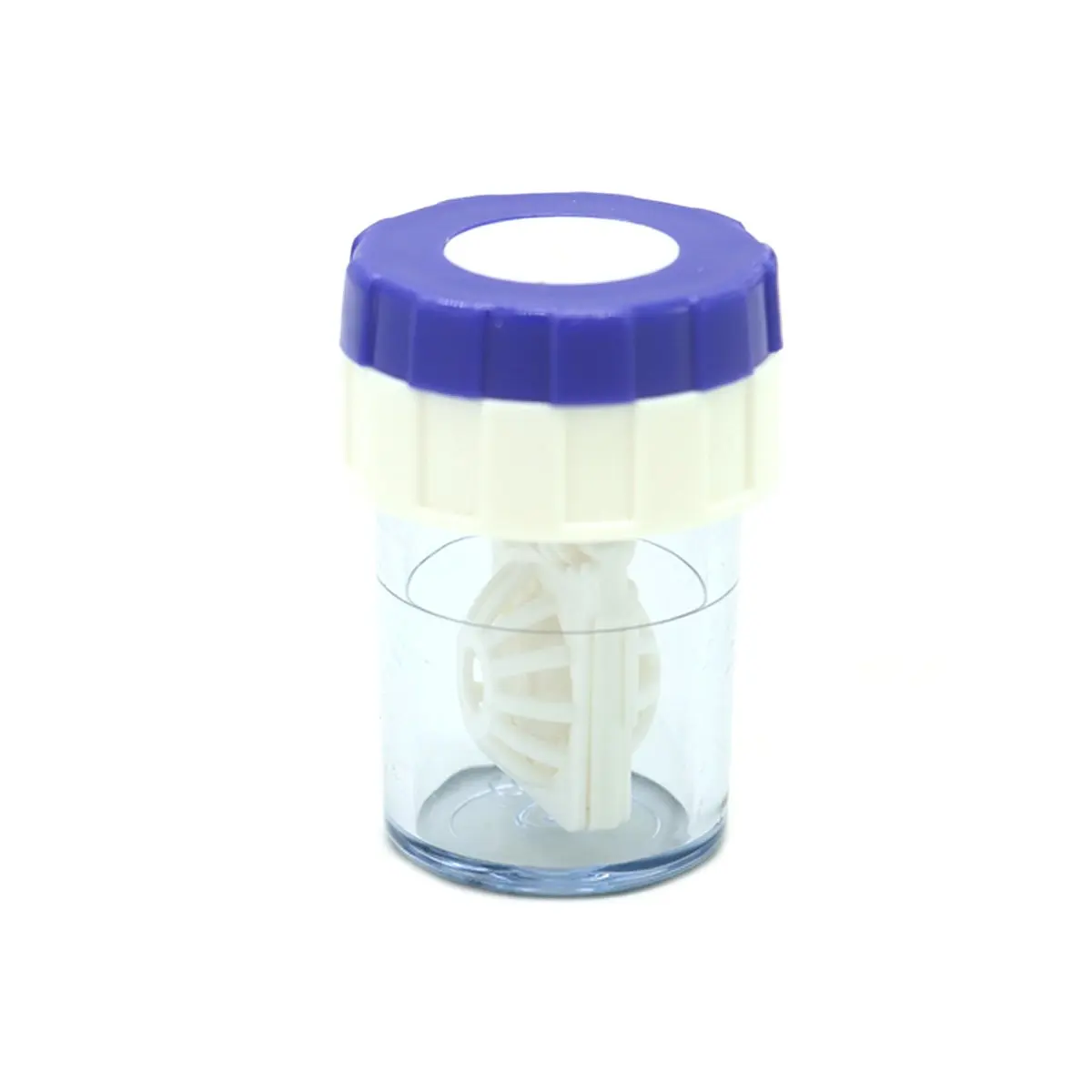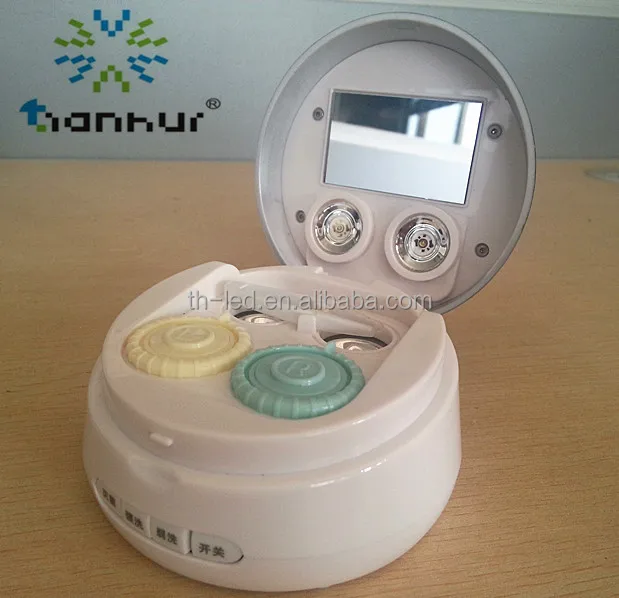
Many people who have contact lenses also have a pair of glasses as well - for emergencies or lazy days when contact lenses are too much to bother with - so that's another cost to factor in.Īnna Blazhuk/Getty Images Tips for finding affordable yet quality contact lensesĮven if you don't have health insurance, it's important to still get a prescription from an optometrist before getting contact lenses.

You'll also need to get a contact lens solution and an extra case or two. If you have a health savings account, this can also help you save money on your eye care, because you're paying for more than just the lenses. Your eye doctor can then help you understand what coverage you're entitled to with contact lenses - this can vary from brands to lens type. If your health insurance covers eye care, you may get a yearly eye exam included in your plan. Check your insurance coverage to see what you can get covered when it comes to eye exams and contact lenses. Check your insurance coverageįor many people, insurance coverage will be a large factor in eye care. When in doubt, ask your eye doctor for their recommendations. Choosing high-quality lenses from trusted companies is advisable, as these are the most likely to provide safe lenses that fit comfortably in your eyes. While taking a recommendation from your eye doctor is best practice (they're the professionals, after all), you can also do your own independent research to decide which brand you're most comfortable with.

Most likely, your eye doctor will offer a variety of contact lens brands for you to choose from. And while you might be tempted to move forward with purchasing lenses without seeing an optician, just know that your eyes are very delicate, and putting the wrong lenses (that aren't properly fitted or don't suit your vision) into your eyes can cause lasting damage. This also includes an exam of your actual eyeball to understand your corneal curvature and pupil size.Īll of these factor into what contact lenses will be the most comfortable and suitable for your lifestyle. Though you can order lenses on the internet, you shouldn't do that until you've consulted your eye doctor to find out what your prescription is and what exact lenses will work for you. Go for an eye exam to find out what prescription you need before you dive into buying contact lenses. Micolino/Getty Images Get your prescription and a proper fittingįirst thing to do is get your vision checked by a medical professional. These are perfect for anyone who doesn't want to bother with their contacts any more than they have to. With most contact lenses, you'd take them out at night, but extended-wear lenses can be left in 24/7, usually for up to a week. However, the biggest difference with these is that you can also sleep in them ( which is usually a big no-no). Extended-wear lenses: The opposite of disposable lenses, extended-wear contact lenses are designed to last.These are designed for people who are both near- and far-sighted. Bifocal lenses: Just like you can have bifocal glasses, you can also get bifocal contact lenses.Because they're a little thicker, they're a better option for people who have astigmatism, because they have a bit more scope to improve your vision. Gas-permeable lenses: These are more rigid than soft lenses and tend to be much more durable.These lenses are rotated often and are great for people who have a hard time keeping track of things - you don't have to worry about losing these because you throw them out at the end of the day. Disposable lenses: Exactly as they sound, disposable lenses are designed to be used for short periods of time, often for just a day or perhaps a week.These do tend to be fragile, though, and can tear easily, which will irritate your eyes. They're great for people who have dry eyes as they help keep the eyeball hydrated. Soft contact lenses: These are flexible and often disposable.There are a handful of different styles to choose from that are for different needs and purposes. Not all contact lenses are created equal.

Consider the different types of contact lenses


 0 kommentar(er)
0 kommentar(er)
